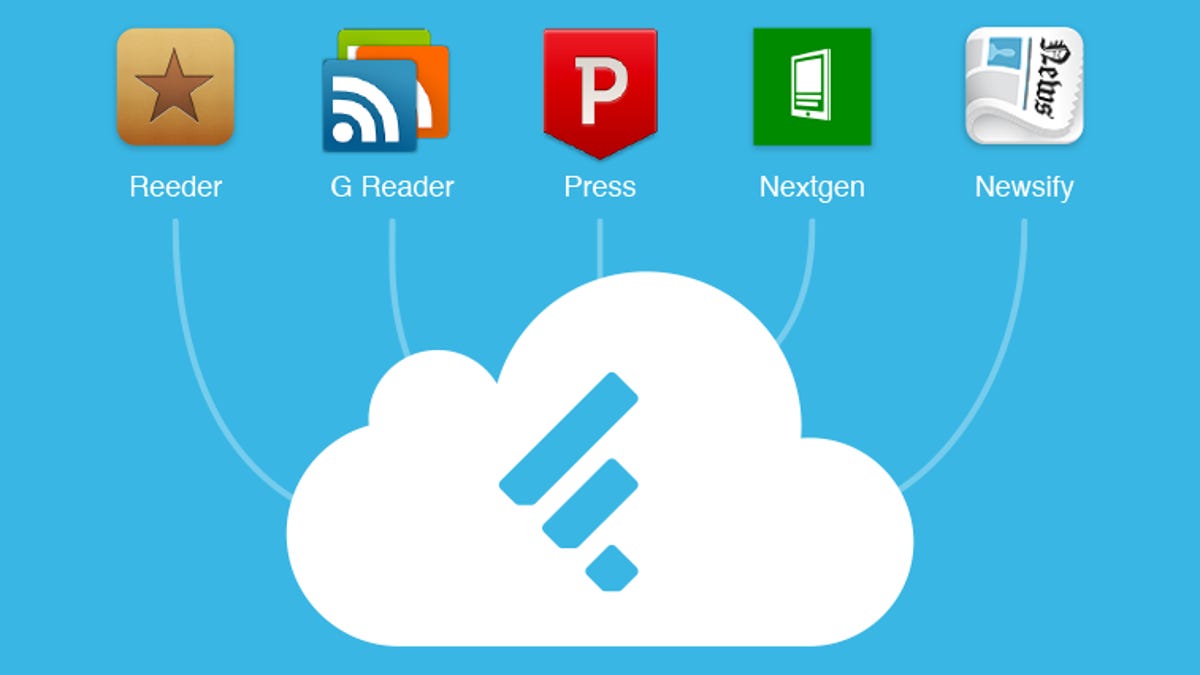Feedly starts weaning itself from Google Reader servers
Taking a major step toward independence, Feedly's iOS app now uses Feedly's own servers instead of Google's to keep track of RSS feeds.

Less than three weeks before Google Reader shuts down, a top alternative called Feedly has begun switching the foundation of its RSS-reading service off Google's technology and onto its own servers.
Feedly released a new iOS app Tuesday that is "Now powered by the Feedly cloud," according to the app description. "Let's all wish a happy retirement to Google Reader."
Feedly got its start as a new interface to Google Reader, a service that lets people subscribe to Web site updates using the RSS and Atom technologies. But in March Google announced it's axing Google Reader on July 1, a move that angered many tech aficionados and that left Feedly and Google-reliant services in the lurch.
Because Google Reader is vanishing as a way to keep track of what feeds a person has subscribed to and which entries they've read, Feedly decided to build its own back-end service. And, it announced earlier in June, it's offering its RSS service as a back end for other Reader apps in a project called Normandy. Those that have signed up include Reeder, Press, Nextgen Reader, Newsify, and gReader, Feedly said.
Feedly is in a precarious position. It's trying to absorb the Google Reader refugees, buying new servers and developing new features to try to keep them happy. It's got a hard deadline to work against, though, and missteps risk alienating people when they're just trying the service and are sensitive to difficulties or bugs. And Feedly is trying to prove wrong the Google conclusion that RSS reading isn't a insufficiently mainstream activity to bother with.
Feedly apparently is moving to its own back-end service only gradually. The version-16 iOS app was the first step, but Feedly's Android app is still on version 15 using the Google service behind the scenes. The browser plug-ins for Safari, Firefox, and Chrome, still are on version 14.
Evidently energized by Google's withdrawal and the surge of new users, Feedly also is working on adding new features -- something of a departure from Google Reader's relative stasis in recent years. New features on the way include Windows Phone and Windows 8 support, group sharing, faster performance, search, and the ability to use the Web-based version without a browser plug-in.
Feedly also has competition, including from a still-unreleased Digg Reader due later this month.

